Facts: Gut Microbiome
The gut microbiome, a complex ecosystem within our gastrointestinal tract, plays a pivotal role in health and disease.
What is the Gut Microbiome?
The gut microbiome is a complex community of microbes, including bacteria, viruses, and fungi, living within our intestinal tract. These tiny organisms are essential for maintaining healthy functions in the body including digestion, immune support, and gut-brain communication. The specific species living within individuals can vary from person to person, especially in those living in westernized versus non-westernized lifestyles.¹
Gut microbes are in constant interaction with the mucus that lines our intestines. These mucus layers perform 2 important functions:
-
Acts as a protective barrier to keep microbes away from our intestinal cells
-
Provides a nutrient-rich environment where beneficial microbes can thrive
In return, these microbes help maintain integrity of the intestinal barrier, preventing harmful microbes from crossing into the bloodstream and inducing inflammation.

Understanding Gut Dysbiosis & Disease
The gut microbiome plays a key role in many diseases such as inflammatory bowel disease (IBD), metabolic disorders, and mental illness. An imbalanced microbiome can result in more harmful bacteria overpopulating the gut, triggering chronic inflammation and increasing intestinal permeability. This state is often referred to as “gut dysbiosis”. There are several factors that contribute to gut dysbiosis including over usage of antibiotics, unhealthy diets high in ultra-processed food, and even stress.

Key Terms to Know
Commensals: beneficial (or neutral) microbes that live in the host without causing harm, often contributing to host health by aiding in digestion and/or preventing colonization of pathogens
Pathogens: harmful microbes that often cause inflammation when they invade the host (e.g. Salmonella enterica and Giardia lamblia)
Pathobionts: microbes that are normally neutral or beneficial, but have the potential to become harmful in the host under certain conditions such as immune dysfunction, overgrowth, or environmental changes (e.g. Candida albicans)
Microbes: broad term that includes microorganisms such as bacteria, viruses, fungi and protozoa – can be beneficial, neutral or harmful
Epithelial Cells: host cells that line the surfaces of the body including the intestines, where it forms a barrier
Intestinal Barrier: key defense system that is composed of epithelial cells, mucus, and immune factors that prevents pathogens and toxins from entering the bloodstream, while still allowing for nutrient absorption
Intestinal Permeability: the ability for substances (e.g. nutrients, water, microbes) to pass through the intestinal barrier. A controlled level of permeability is necessary to allow for nutrient absorption. However, increased permeability (aka “leaky gut”) can be harmful, as pathogens can then more easily pass into the bloodstream, leading to inflammation and disease.
The foods we eat play a key role in shaping our gut microbiome. Plant-based dietary fibres are a common source of fuel for beneficial bacteria in which they ferment to produce short-chain fatty acids (SCFAs) such as butyrate, acetate and propionate. SCFAs are vital for gut health - they improve barrier integrity (i.e. reduce "leaky gut"), provide energy to cells lining our intestine, and help in maintaining the mucus barrier, controlling inflammation and fighting pathogens.² A diet rich in diverse fibres can therefore help support a healthy microbiome, which will in turn promote overall health.

.png)
_edited.png)